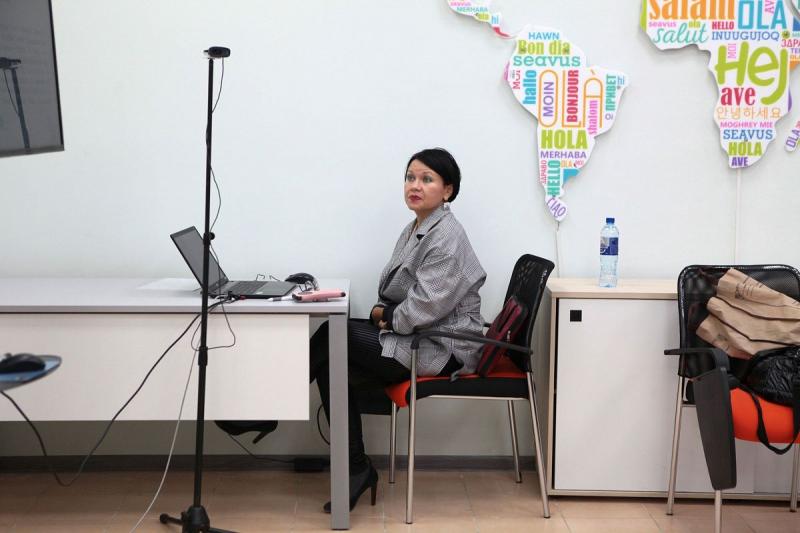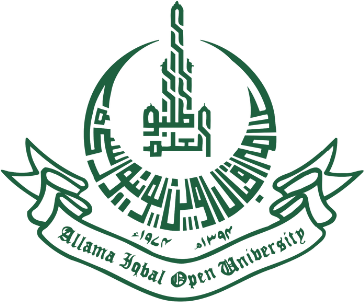The International Forum “Russia-Asia: Science. Education. Culture”
The International Forum “Russia-Asia: Science. Education. Culture” proved to be a productive platform for the exchange of new science ideas. The forum section moderated by the Professor Doctor Habil. A.P. Chudinov, and the Doctor Habil. N.A. Zavialova was focused on intercultural communication. The section brought together speakers from three countries: Peoples Republic of China, the Islamic Republic of Pakistan and Russian Federation. Of much importance are the presentation of the speakers in this section. Graduate student of USPU (Yekaterinburg, Russia) Li Zhaohui presented a report on the understanding the concept of cultural heritage in Russia and China. Graduate student of USPU A.A. Ryashenkova described the difficult path of the genesis of the concept of "teacher" in the history of Chinese pedagogy. The Associate Professor of USPU S.A. Yeryomina pointed out the features of the multicultural class within the framework of the modern anthropocentric model of education. The professor of USPU N.A. Zavialova revealed the essence of the complex issue of the intercultural counterfactual narrative within the framework of the scientific school of political linguistics of Professor A.P.Chudinov.
A significant part of the section's reports was made up of presentations by scientists from Pakistan. The range of their topics was extremely diverse. The PhD, Associate Professor Aftab Khan pointed out the need to create bilingual electronic models that allow communication in Russian and Urdu. The Associate Professor Afshan Huma interpreted her own experience of career development in Pakistan and the UK. The Head of the Department of Pedagogy Tahira Bibi announced a project to study emotional labor in Pakistan and Russia. One of the most famous bloggers in Pakistan, Professor Farooq Adil, presented a comparative concept of the influence of modern media on global geopolitical processes. In total, 8 speakers from Pakistan took part in the work of the section.
The results of the section's work indicate that there is an urgent need to conduct an intercultural dialogue within the framework of scientific issues. Such a dialogue contributes to the mutual enrichment of national educational paradigms.

